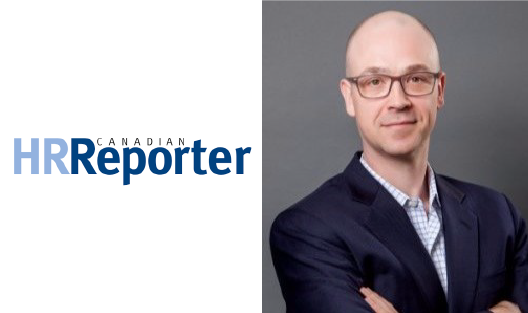In a recent interview with HR Reporter, Carebook's CEO, Michael Peters, offered valuable insights into the significance of wellbeing programs in the aftermath of the pandemic. Peters' thoughts shed light on the pivotal role of these initiatives and the responsibility that HR departments shoulder in leading the way.
Amidst the evolving dynamics of the post-pandemic world, Peters emphasized the need to transition from mere survival mode to fostering employee flourishing. This shift goes beyond physical health and encompasses mental, emotional, and social wellness. Peters pointed out that organizations embracing this holistic approach create an environment where employees can truly thrive, fostering resilience and adaptability.
Tailoring Wellbeing Solutions for Diverse Needs
The interview further highlighted the evolving role of HR departments. Peters sees HR professionals as pivotal architects of workplace culture, responsible for enhancing engagement and championing wellbeing initiatives. By proactively embracing wellbeing programs, HR leaders can empower employees, contributing to job satisfaction and a stronger sense of belonging.
Tailoring wellbeing solutions emerged as another key theme in the interview. Peters stressed that each workforce is unique, with varying needs and preferences. One-size-fits-all solutions are no longer sufficient. Instead, Peters advocated for data-driven strategies that consider individual differences, ensuring that wellbeing programs are inclusive and effective.
Technology as a Catalyst for Connection
Technology's role in revolutionizing wellbeing initiatives was also touched upon. Peters discussed how smart integration of technology can provide personalized experiences, promoting engagement and participation. From wellness apps to data analytics, technology offers a dynamic platform to connect, educate, and empower employees on their wellbeing journey.
Looking ahead, Peters envisions a future where wellbeing becomes an intrinsic part of an organization's DNA. He envisions a culture where both employers and employees recognize the mutual benefits of prioritizing wellbeing. Such an approach not only attracts top talent but also fosters long-term loyalty, driving organizational success.
To delve deeper into this enlightening conversation, read the full interview here.



